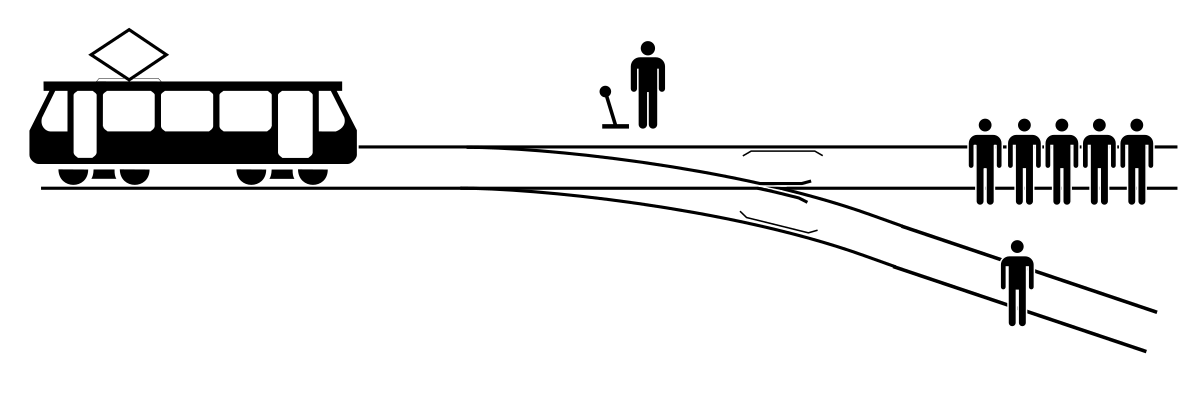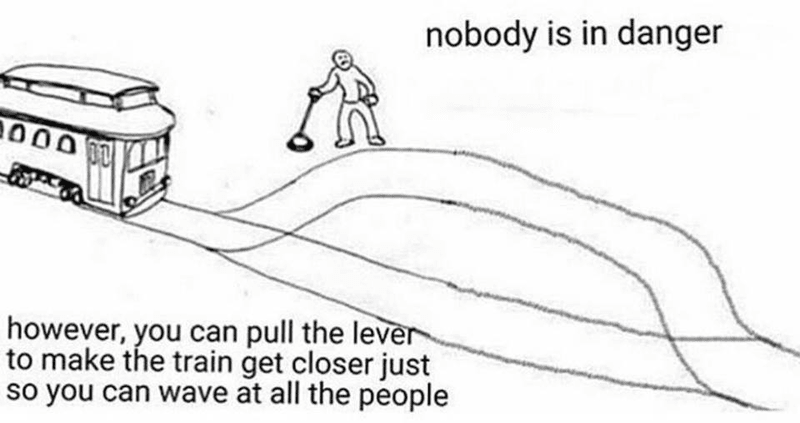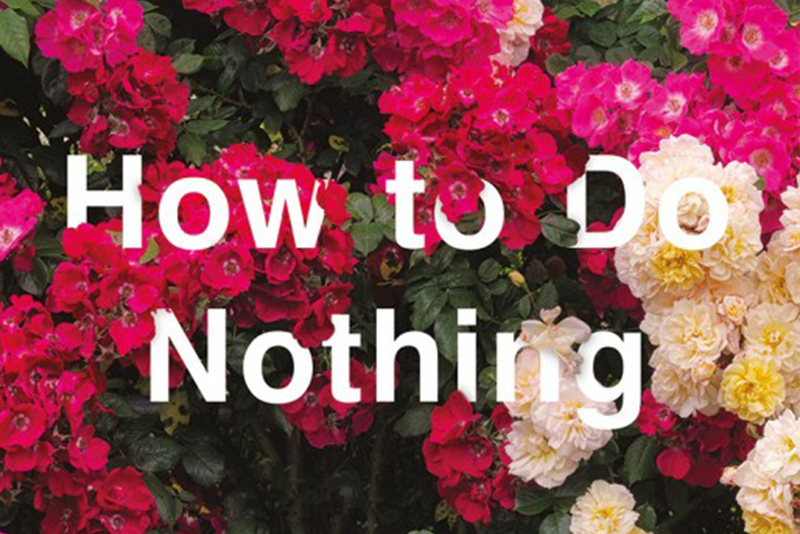On the paucity of ‘raising awareness’
This post is about philosophy, memes, and taking action. It’s a reflection on an experience I had this week which caused me to reflect on the paucity of ‘awareness raising’ as a tactic.
I studied Philosophy at university a couple of decades ago. One of the courses was on ethics and involved the trolley problem.

The trolley problem is a series of thought experiments in ethics and psychology, involving stylized ethical dilemmas of whether to sacrifice one person to save a larger number. The series usually begins with a scenario in which a runaway tram or trolley is on course to collide with and kill a number of people (traditionally five) down the track, but a driver or bystander can intervene and divert the vehicle to kill just one person on a different track. Then other variations of the runaway vehicle, and analogous life-and-death dilemmas (medical, judicial etc.) are posed, each containing the option to either do nothing, in which case several people will be killed, or intervene and sacrifice one initially “safe” person to save the others.
It’s a powerful tool to generate insights into your own ethical position on certain topics. These days, it’s rolled out to warn about outsourcing decision-making to the systems underpinning self-driving cars. And, of course, it’s now a recognisable meme.

In my experience, most of the trolley problem thought experiments lead towards an understanding of supererogation.
In ethics, an act is supererogatory if it is good but not morally required to be done. It refers to an act that is more than is necessary, when another course of action—involving less—would still be an acceptable action. It differs from a duty, which is an act wrong not to do, and from acts morally neutral. Supererogation may be considered as performing above and beyond a normative course of duty to further benefits and functionality.
Interestingly, in a recent episode of the Philosophy Bites podcast, Theron Pummer suggested a twist on this. Pummer, who is a Senior Lecturer in Philosophy at the University of St Andrews and Director of the Centre for Ethics, Philosophy and Public Affairs, has published a book entitled The Rules of Rescue. I haven’t read it yet, but to quote the summary on his own web page about the book:
Pummer argues that we are often morally required to engage in effective altruism, directing altruistic efforts in ways that help the most. Even when the personal sacrifice involved makes it morally permissible not to help at all, he contends, it often remains wrong to provide less help rather than more.
I have issues with Effective Altruism, which I’ll not go into here, but I find Pummer’s framing fascinating. Basically, you don’t have to help others in certain situations; no-one would think it was immoral or illegal to go about your business. However, if you do decide to help, then there’s a minimum amount of help that could reasonably be required.
This week, I was at MozFest House. I had a good time. As with all MozFests I’ve been to, there are exhibits with which you can interact. One of them asked you to use a touch screen to fill in details of the kinds of services you use. It then printed out a long receipt on the type of data that is gathered on you when using them. I asked the PhD students who had come up with the machine what I was supposed to do with this data. They intimated that they were merely raising awareness and didn’t suggest a single thing I could do.
I was left in a worse position than I began. One could say that’s the point of awareness-raising, that it’s about making people feel discomfort so that they take action. But if you’re going to make an intervention I would agree with Theron Pummer’s stance that there’s a certain minimum level of guidance to give. A first step, at least.
Contrast this with another interactive exhibit in which you received tokens for free coffee if you answered a series of questions about yourself. I managed to get three by lying and not providing personal data. Which, of course, could be said to be the point of the exercise: be careful about the data you put out there, especially for scant reward.
Once you see people putting in the minimum effort of ‘awareness raising’ you start seeing it everywhere. It’s particularly prevalent on social media, where it takes a single tap to reshare news and make others aware of something you’ve just seen. As humans, though, we tend to have a bias towards avoiding harm so social media timelines become full of doom.
I’m on a bit of a mission to get some more positivity into my life. Not in a mindless way. Not in an avoiding-reality kind of way. But rather following people who have noticed a problem and are doing something about it. Seeking out those who can take a step back and look at the wider picture. And, of course, those who share some of the wonder of the world around us.


